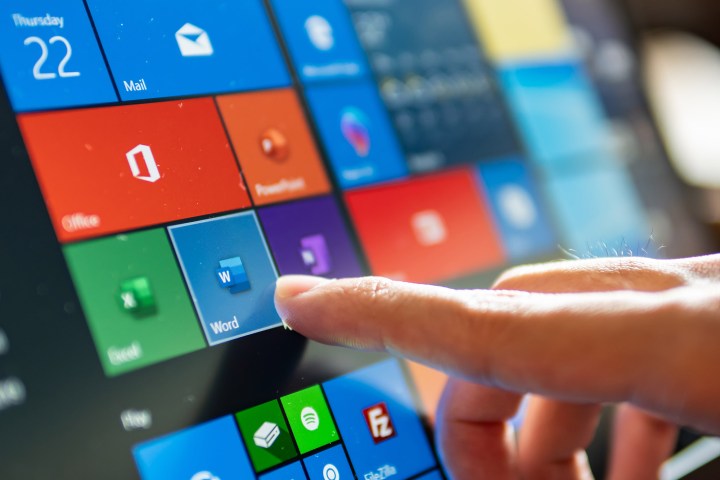
Microsoft is saying goodbye to WordPad, its long-supported rich text application, which will no longer receive updates as of September 1.
The brand recently announced that the app is now among its list of deprecated Windows features. Microsoft explained the difference between deprecation and removal, noting that the former is when a feature is at the end of its life cycle and is no longer in active development, and the latter is when a feature is removed after having been deprecated.
WordPad is set to be removed from the Windows OS in a future update, but hasn’t yet reached that point. With Windows 12 expected to be released sometime in 2024, WordPad’s final end-of-life could come at that point. However, Microsoft doesn’t typically get rid of its programs that quickly.
This free rich text editor might have been long forgotten or not be known by many more recent Windows users. Microsoft suggested alternatives in its announcement: the subscription-based Microsoft Word for rich text editing, including .doc and .rtf, and Windows Notepad for plain text, such as .txt.
As Microsoft sundowns WordPad, it has also recently announced updates to the Notepad app, which includes autosave and restoring tabs. The plain text editor got its first update in years in 2018 and was then updated again in conjunction with the Windows 11 update, which introduced tabs to its layout, the Verge noted.
Microsoft also took a similar trajectory with the retirement of other programs such as the Internet Explorer browser. The app took eight years to be phased out and still lives on in the “Reload in IE mode” button on the Microsoft Edge browser. This mode allows you to view websites and applications based on legacy scripts and code in a more compatible fashion.
Microsoft plans to support IE mode at least through 2029, making it so the base technology that runs Internet Explorer and associated software, including MSHTML and Trident engine, will still be on Windows for the foreseeable future.
Editors' Recommendations
- Windows 11 might nag you about AI requirements soon
- You’re going to hate the latest change to Windows 11
- Windows 11 tips and tricks: 8 hidden settings you need to try
- Microsoft finds a sneaky way to slip more ads into Windows
- Microsoft announces a new threat to push people to Windows 11




